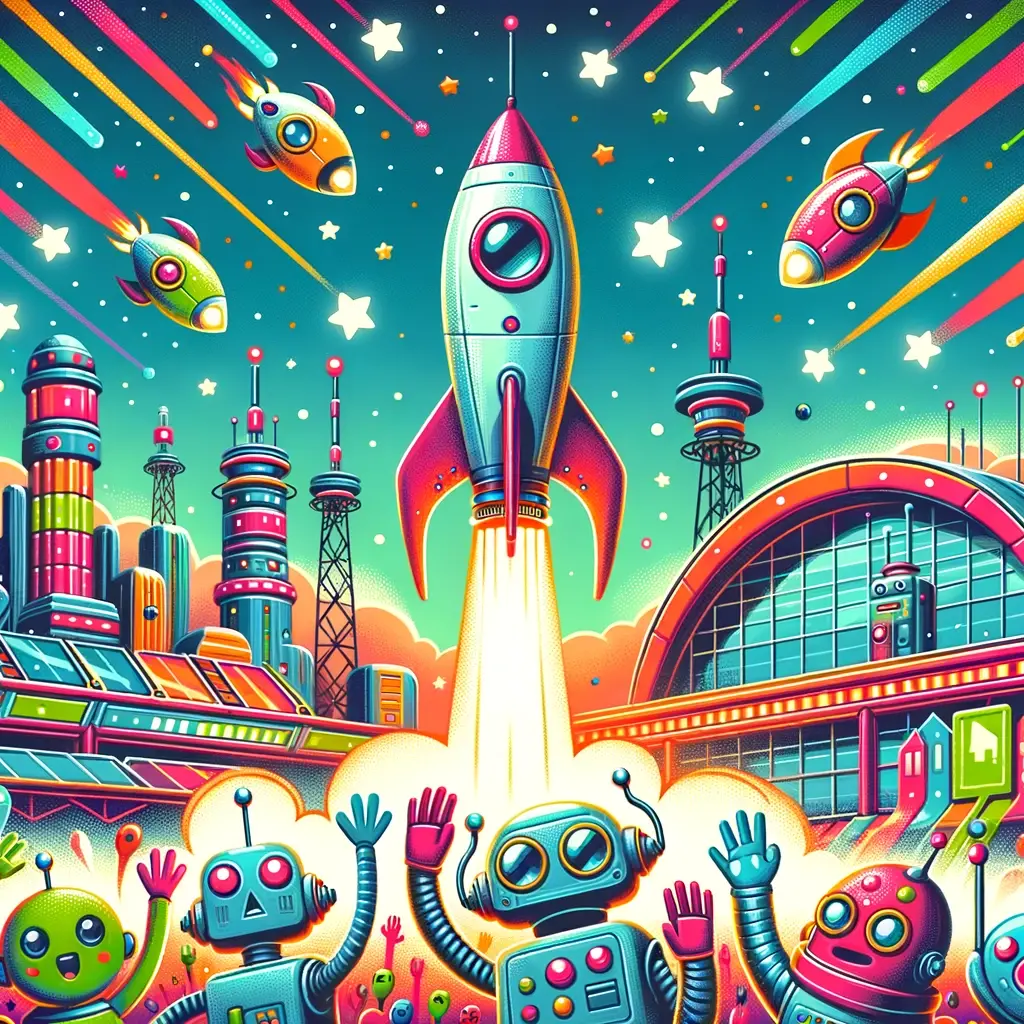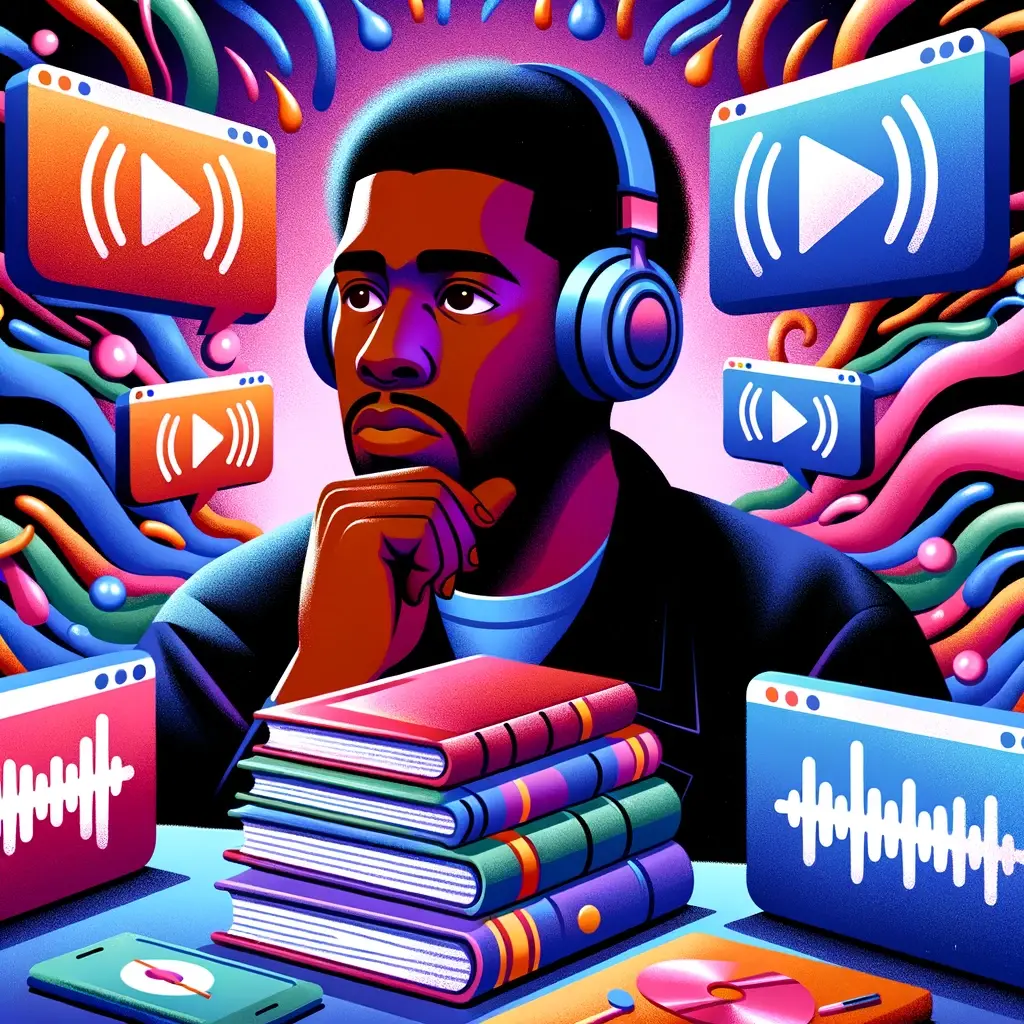
Product Intro
Why we are building Afterword
Nov 2, 2023

Mohammed Kheezar Hayat
Product
TLDR: Because we wanted to use it and nothing like it existed!
Tell me more
Sure, here goes.
The experience of reading on a device screen hasn’t evolved for a long time. By reading we mean text, any kind of it. Whether it's articles, technical docs, or blogs—the platform may shift, but the reader's journey has barely changed.
And there are problems that those of us who read and learn online a lot, especially in short bursts, encounter frequently. What kind of problems? Here is a scenario you might recognise:
A friend sends you an article : “ Hey, I thought you would find this interesting.” Turns out it is interesting, could be useful for a project you are working on too. But it is quite a long wall of text, it is dense and you are not going to have time to read it all, or even most of it.
You decide to save it to read later.
This here, is the first problem. There are apps like Pocket that can ‘save to read for later’ but they are not much more than lists of links. People save links for a variety of reasons, for reading later generally, for archival once they have read things, to ‘safekeep’ just one paragraph or idea contained within the article; but there is currently no way to express this.
You might also save a link because it fits into something broader you are doing, like learning a new skill. There is the other problem of structuring information and making it easier to find later within context. Apps like Pocket or Instapaper are useless for this too. They are black holes. Who knows what treasures you have in there, if only you could get to them.
You could use a knowledge management app like Roam, but those are not easy to use, and not terribly expressive either.
It feels like computers should be able to solve this, that they should have solved it a long time ago. Well we believe now they are solvable. We have the technology to build something so we can take control of all this...

These problems do not have an obvious common theme or solution, but they all exist within the broader challenge of what we can call unstructured learning.
And this goes beyond reading. The amount of information that we have to deal with and the expectation to synthesise and act on this information is increasing.
There is overload. It feels like computers should be able to solve this, that they should have solved it a long time ago. Well we believe now they are solvable. We have the technology to build something so we can take control of all this reading, listening and learning.
For many of us, text, even digital text is firstly a physical, tactile experience. Scribbling in margins, leafing back and forth, the cognitive scaffolding that a nicely structured piece of text provides, something to hang your thoughts on, the fact that you have a physical artifact and that it is reassuring.
This aesthetic, if you will, is our rough map of what kind of interactions and features people would enjoy in Afterword.
What features have you built so far?
We have built a ‘multi level summary’ feature, where you can zoom in and out of an AI generated summary of whatever link you have given Afterword. The summary will also have subheadings helping you navigate walls of text faster.
The summary and the source is automatically saved in your profile.
You can highlight specific sections in your saved articles and annotate them. Like scribbling in the margins!
You can add multiple saved sources and excerpts to ‘Hyperdocuments’. These are Collected documents where you can gather various sources and excerpts (with annotations). Think a digital scrapbook that you can set up in seconds. You can also start a new Hyperdoc while highlighting something.
With the generated headings and multi level summaries, you can start breaking down long, dense walls of text into more readable, skimmable text. You can use annotations and hyperdocuments to store interesting and useful ideas, and your ideas on top of those; reassured that they are as easy to access as they were to save.
Ok, I want to try it out? Where do I start?
Sign up here.
What’s with the name?
The term resonates with the act of reading, serving as a summary or "final word." Plus, we think it sounds both literary and cool.
What’s next?
Loads. Sign up and we will keep you posted.